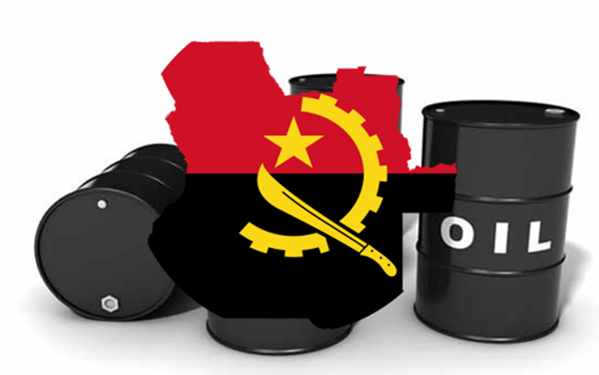Angola is set to leave the Organization of the Petroleum Exporting Countries (OPEC) over disagreement regarding production quotas.
The departure of one of Africa’s biggest oil producers will bring the group down to 12 members. It follows recent departures of Ecuador and Qatar.
Also read; Your money is safe in the banks- CBN assures Depositors
Diamantino Azevedo, the minister for mineral resources, petroleum and gas, said Angola, is leaving OPEC because it was not serving the country’s interest.
“We feel that … Angola currently gains nothing by remaining in the organisation and, in defence of its interests, decided to leave,” he was quoted as saying on pubic television on Thursday,
OPEC has implemented supply cuts of more than five million barrels per day (bpd) since the end of 2022 to prop up prices. Angola’s production ceiling was reduced in June to 1.28 million bpd from 1.45 million bpd.
For 2024, OPEC+ lowered Angola’s oil output target at a meeting last month to 1.11 million bpd. This followed a review by outside analysts to verify production figures for Nigeria, Angola and Congo. Angola, which had sought a quota of 1.18 million bpd, did not agree with this and sent a note of protest to OPEC.
Angola, which currently produces 1.1 million barrels of crude oil a day first joined OPEC in 2007. The country has been struggling to meet production quotas over the past several years.
Oil and gas make up about 90 percent of Angola’s exports and are a crucial economic lifeline for the country.
Last month, Azevedo’s office protested against an OPEC decision to reduce its production quota for 2024, concerned that it would damage Angola’s ability to increase its output capacity.
CNBC reported that a meeting of the extended OPEC+ group in November was dominated by a deep disagreement on production baselines — the levels that determine quotas and compliance — with oil-reliant Angola and Nigeria both opposing efforts to deepen their baselines as they seek to boost their declining outputs. Angola’s oil minister said Thursday that OPEC membership no longer served the country’s interests.
Angola’s exit leaves OPEC with 12 members, with oil production of about 27 million barrels per day, or around 27% of the world crude market, according to Reuters. Angola accounted for less than 4% of OPEC output.
Angola follows on the footsteps of Ecuador and Qatar, which left the organization in 2020 and 2019, respectively.
The country’s production capacity peaked in 2008 at 2 million barrels per day but has dropped since due to ageing infrastructure.
While Angola is departing OPEC, there is anticipation of an upcoming introduction of Brazil to OPEC+ — which reunites OPEC members and allies including Russia.
Brazil has yet to accept a production quota, and its energy minister said in November that the country must still review the document that underpins the OPEC+ partnership.
About OPEC
The Organization of the Petroleum Exporting Countries (OPEC) was founded in Baghdad, Iraq, with the signing of an agreement in September 1960 by five countries namely Islamic Republic of Iran, Iraq, Kuwait, Saudi Arabia and Venezuela. They were to become the Founder Members of the Organization.
These countries were later joined by Qatar (1961), Indonesia (1962), Libya (1962), the United Arab Emirates (1967), Algeria (1969), Nigeria (1971), Ecuador (1973), Gabon (1975), Angola (2007), Equatorial Guinea (2017) and Congo (2018).
Ecuador suspended its membership in December 1992, rejoined OPEC in October 2007, but decided to withdraw its membership of OPEC effective 1 January 2020. Indonesia suspended its membership in January 2009, reactivated it again in January 2016, but decided to suspend its membership once more at the 171st Meeting of the OPEC Conference on 30 November 2016.
Gabon terminated its membership in January 1995. However, it rejoined the Organization in July 2016. Qatar terminated its membership on 1 January 2019.
Nnamdi Maduakor is a Writer, Investor and Entrepreneur























































